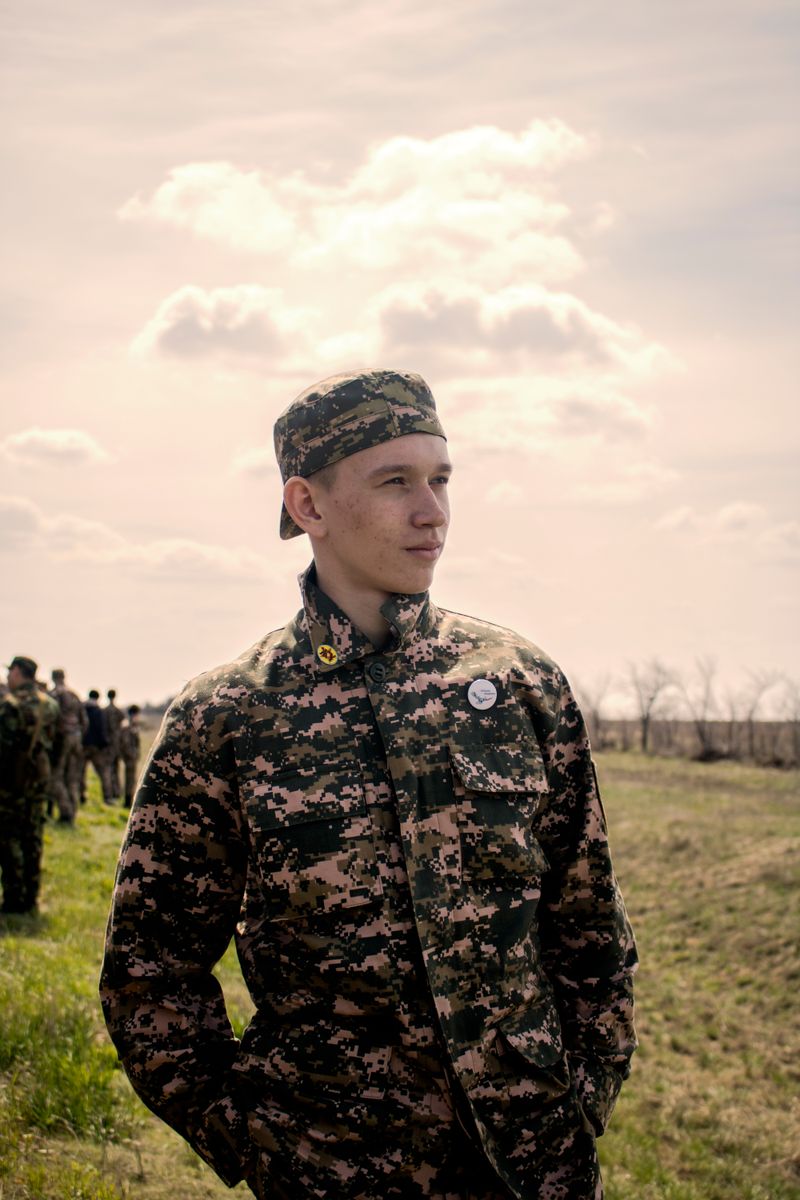The Complex Chessboard of International Defense: Sweden‘s NATO Bid and Strategic Shifts
Introduction
In the ever-evolving landscape of international defense, Sweden‘s bid to join NATO and the recent meeting between Vladimir Putin and Yevgeny Prigozhin, a few days after a failed mutiny in Russia, emphasize the delicate balancing act nations face in ensuring their security. The strategic shifts and discussions surrounding these events have far-reaching consequences and demand careful analysis.
Sweden‘s NATO Bid
Sweden, a historically non-aligned country, has long maintained a policy of neutrality. However, recent geopolitical developments have led the Swedish government to consider joining NATO, sparking both internal and external debates. The main driving force behind this shift is the changing security landscape in the region, especially in light of Russia’s aggression towards Ukraine and the increased military activities in the Baltic Sea area.
While NATO membership could provide Sweden with enhanced collective defense capabilities and increased security against potential threats, it presents challenges and controversies. Domestically, concerns arise over the potential loss of national sovereignty and the abandonment of Sweden‘s long-standing neutrality principles. These concerns should not be taken lightly, as they reflect a fundamental question of national identity and its alignment with global security alliances.
Externally, Sweden‘s NATO bid raises tensions with Russia, which perceives NATO expansion as a direct threat to its interests. Vladimir Putin’s meeting with Yevgeny Prigozhin, a prominent Russian businessman and alleged Kremlin-linked figure, could be seen as a move to strengthen ties and assert Russian influence in response to Sweden‘s intentions. The clash between NATO aspirations and Russia’s perceived encroachment on its borders exemplifies the complex chessboard of international defense.
Strategic Shifts and Northern Defenses
Sweden‘s potential NATO membership marks a significant strategic shift in the balance of power in the Baltic Sea region. This shift necessitates a reassessment of northern defenses to counter potential threats and preserve stability. The region’s security dynamics now include not only the traditional military considerations but also hybrid warfare, cyber threats, and disinformation campaigns. Ensuring robust northern defenses requires a comprehensive approach that combines military preparedness, intelligence sharing, diplomatic efforts, and cooperation among NATO member states.
Despite the complexities of the security landscape, it is crucial to prioritize open dialogue and engage in meaningful negotiations. Effective diplomacy can bridge gaps between nations and minimize the risk of misunderstandings that may escalate the already tense situation. The recent attack on NATO‘s proposed compromise on Ukraine’s membership by Volodymyr Zelenskyy, Ukraine’s President, further underscores the need for careful diplomatic maneuvers.
Editorial: The Responsibility of All Players
In this complex geopolitical chessboard, it is crucial for all nations involved to exercise prudence, foresight, and a commitment to international norms and human rights. Each move, whether it be Sweden‘s NATO bid, Russia’s assertive policies, or the actions of other key players, must be evaluated with a deep understanding of the potential consequences.
For Sweden, the decision to pursue NATO membership should not be taken lightly. It requires thorough domestic consultation, respect for the concerns of those who value neutrality, and a clear articulation of the country’s long-term strategic goals. Sweden should also strive to maintain open lines of communication with Russia and other stakeholders to reduce tensions and promote stability in the region.
Russia, on the other hand, must recognize the legitimate security concerns of its neighboring countries. While it has the right to protect its interests, it should avoid aggressive actions that escalate tensions and undermine regional stability. Diplomatic dialogue should be prioritized to bridge differences, seek mutually acceptable compromises, and create a secure environment for all actors involved.
Advice for Global Stability
To maintain global stability, it is vital for all nations to promote diplomatic solutions, avoid adversarial confrontations, and respect international norms. The ongoing discussions regarding Ukraine’s NATO membership highlight the importance of finding compromises that can address the legitimate security concerns of all parties involved.
Transparency and effective communication are critical components of successful diplomacy. Each nation should encourage open dialogue, build trust through active engagement, and work together to establish efficient mechanisms for resolving disputes and preventing potential conflicts. Additionally, international organizations such as NATO should continue to adapt and evolve to address emerging threats, ensuring that collective defense remains relevant and effective.
In this ever-changing landscape of international defense, it is imperative to embrace cooperation, respect, and compromise. Only through these means can nations navigate the complexities of security challenges, reduce tensions, and foster a stable world order that safeguards the interests and well-being of all.

<< photo by Ruslan Alekso >>
The image is for illustrative purposes only and does not depict the actual situation.
You might want to read !
- “Elizabeth Holmes: A Controversial Release from Prison Raises Questions of Justice and Accountability”
- Streamlining B2B Conversations: Pylon’s Solution for Slack
- “Analyzing the Implications of the Türkiye-Sweden Meeting: A Closer Look at the Future of Diplomacy”
- Behind Bars: Evaluating Elizabeth Holmes’ Prison Sentence and its Implications



